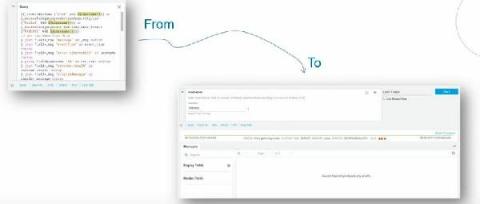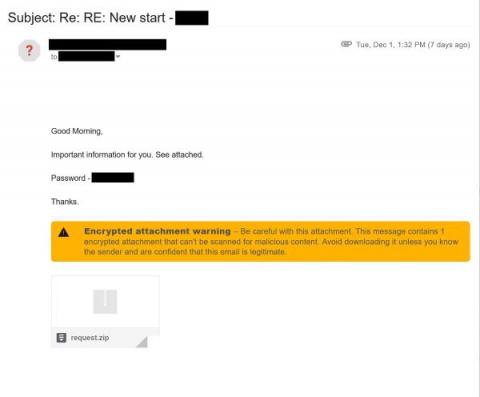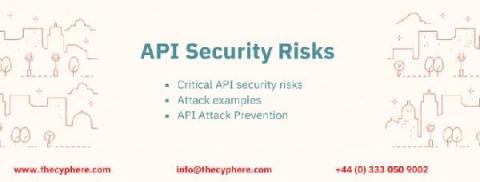Security | Threat Detection | Cyberattacks | DevSecOps | Compliance
Latest News
Where CASB and SWG Are Headed
Gartner’s recently released 2020 versions of the Magic Quadrant for Cloud Access Security Brokers (CASB) and the Magic Quadrant for Secure Web Gateways (SWG) tell us a lot about where both markets are headed.
Announcing Veracode in AWS Marketplace: Streamlining Secure Software Development for AWS Customers
Digital transformation continues to accelerate, and with it, businesses continue to modernize their technological environments, leveraging developer-first cloud-native solutions to build, host, and secure their software. At Veracode, we continue to see customers leveraging large cloud providers, such as AWS, as a central platform to conduct these activities.
Nature vs. Nurture Tip 3: Employ SCA With SAST
For this year’s State of Software Security v11 (SOSS) report, we examined how both the “nature” of applications and how we “nurture” them contribute to the time it takes to close out a security flaw. We found that the “nature” of applications – like size or age – can have a negative effect on how long it takes to remediate a security flaw.
NIST SP 800-128 - Because Patching May Never Fix Your Hidden Flaws
Over the last few years, the idea of patching systems to correct flaws has graduated from an annoying business disruption to a top priority. With all of the notorious vulnerabilities that can wreak total havoc, the time it takes to patch becomes a minor inconvenience when weighed against both the technical challenges and possible regulatory penalties of not patching.
Automation Made Easy: What's New with Splunk Phantom
The Splunk Security Team is excited to share some of the new and enhanced capabilities of Splunk Phantom, Splunk’s security orchestration, automation and response (SOAR) technology. Phantom’s latest update (v4.10) makes automation implementation, operation and scaling easier than ever for your security team.
Deobfuscating a Malicious Word Document
Visual Basic (VB) and its derivatives - VBA and VBScript - are common attack vectors when targeting Windows systems. These languages allow users and attackers alike to complete security-sensitive tasks such as accessing the internet, running command-line instructions and editing the Registry.
Top 7 API Security Risks (including prevention tips)
In this app-driven world, APIs are the infrastructure providing highways for ensuring smoother transport of sensitive data. Insecure APIs add to top security risks faced by web applications and act as an easy invite for hackers. Just because APIs deal with data at the backend does not mean they are hidden from the plain view and are safe. This article provides you an API security checklist that can be used as a basic benchmark before the release.
Fighting Cybercrime: We Are Stronger Together than We Are Individually
As a cybersecurity professional, how numb have you become to vendors who try to scare you with frightening statistics in an effort to sell you a new product? It is understandable that a vendor has to present as much information in a limited amount of attention-grabbing time, so their doomsday technique makes some sense. Perhaps the vendors’ approach is faulty, as the numbers are quite frightening indeed. There is definitely a larger point to be made.
What Is HIPAA Compliance: Guidelines for Becoming Compliant
The Health Insurance Portability and Accountability Act (HIPAA) is a U.S. law designed to protect individual privacy by establishing national standards for maintaining sensitive patient health information and medical records. HIPAA compliance rules incorporate requirements from several other legislative acts, including the Public Health Service Act and the Health Information Technology for Economic and Clinical Health (HITECH) Act.









